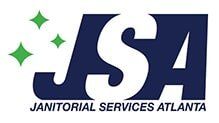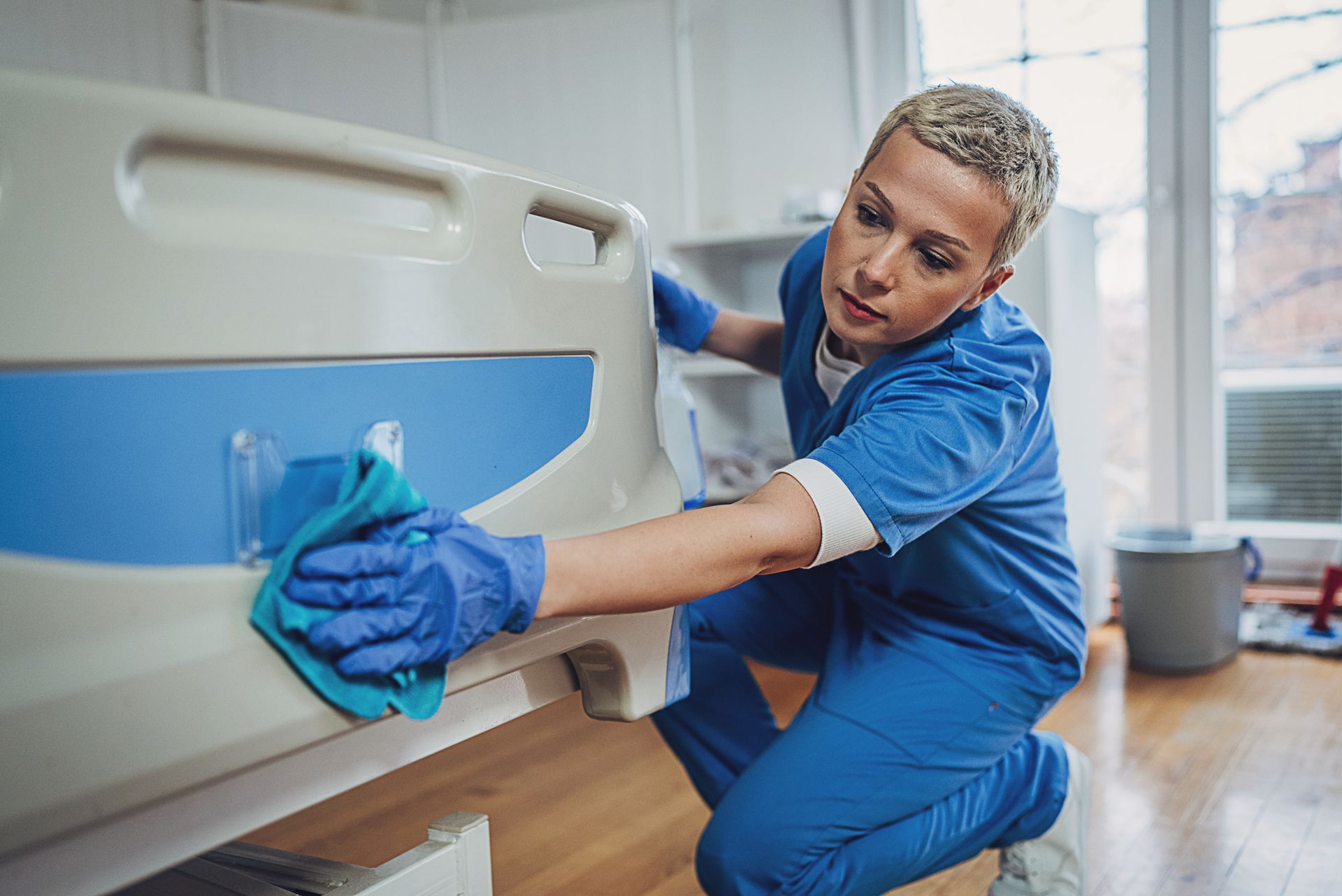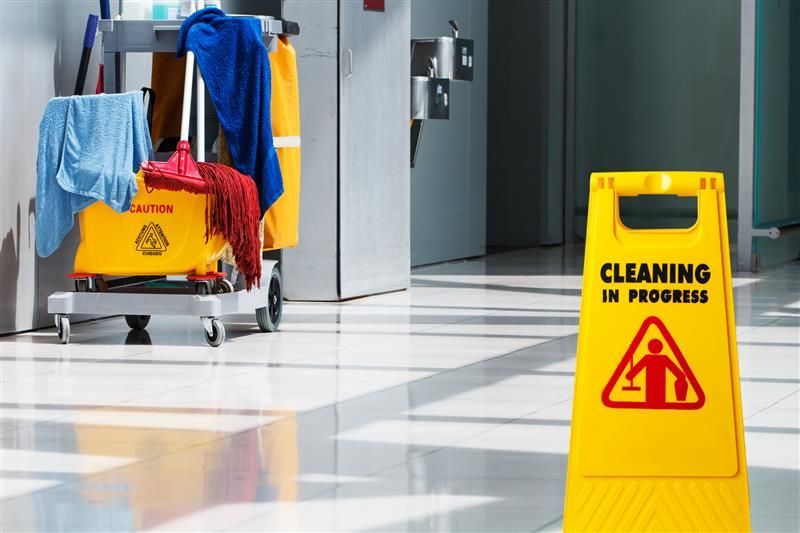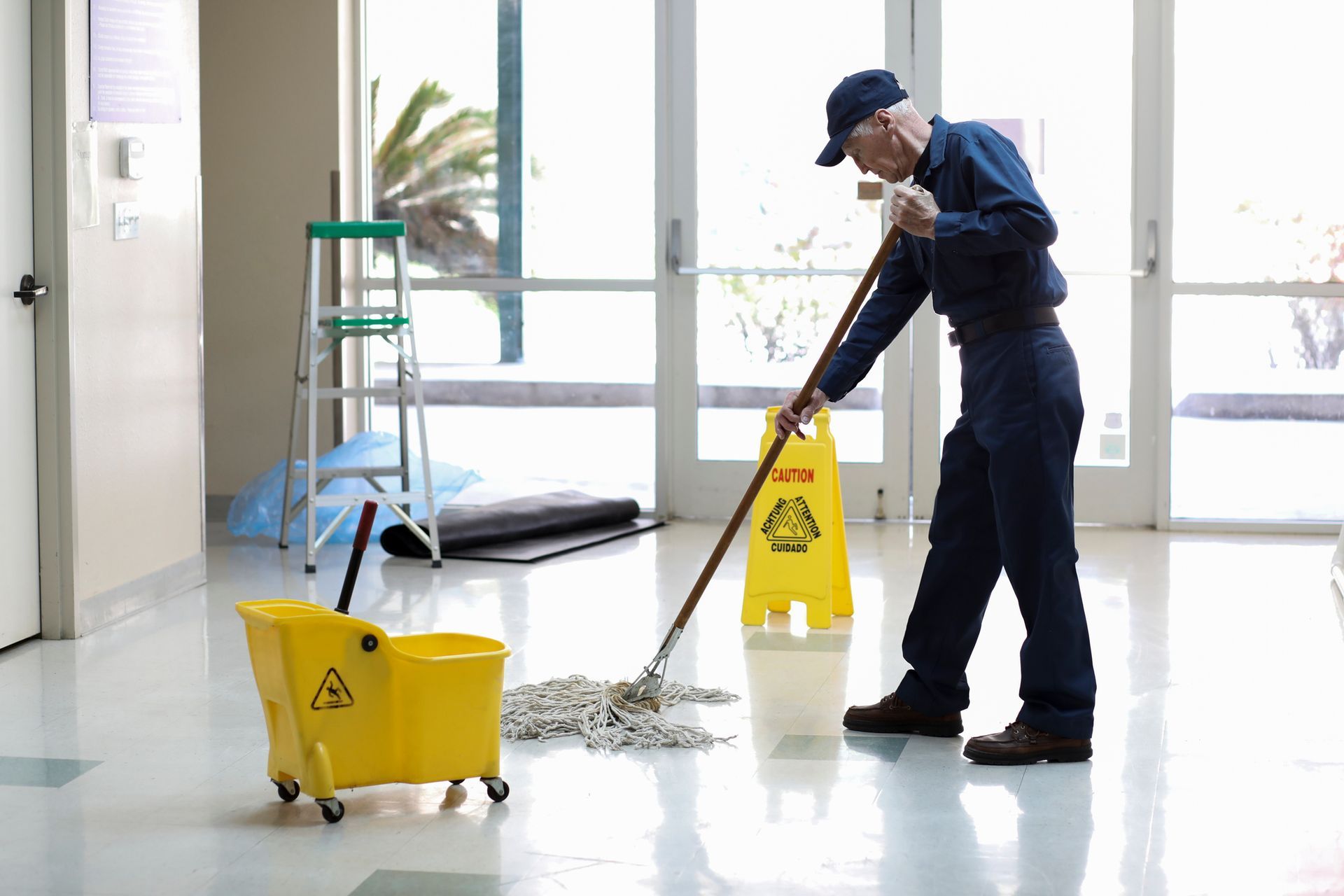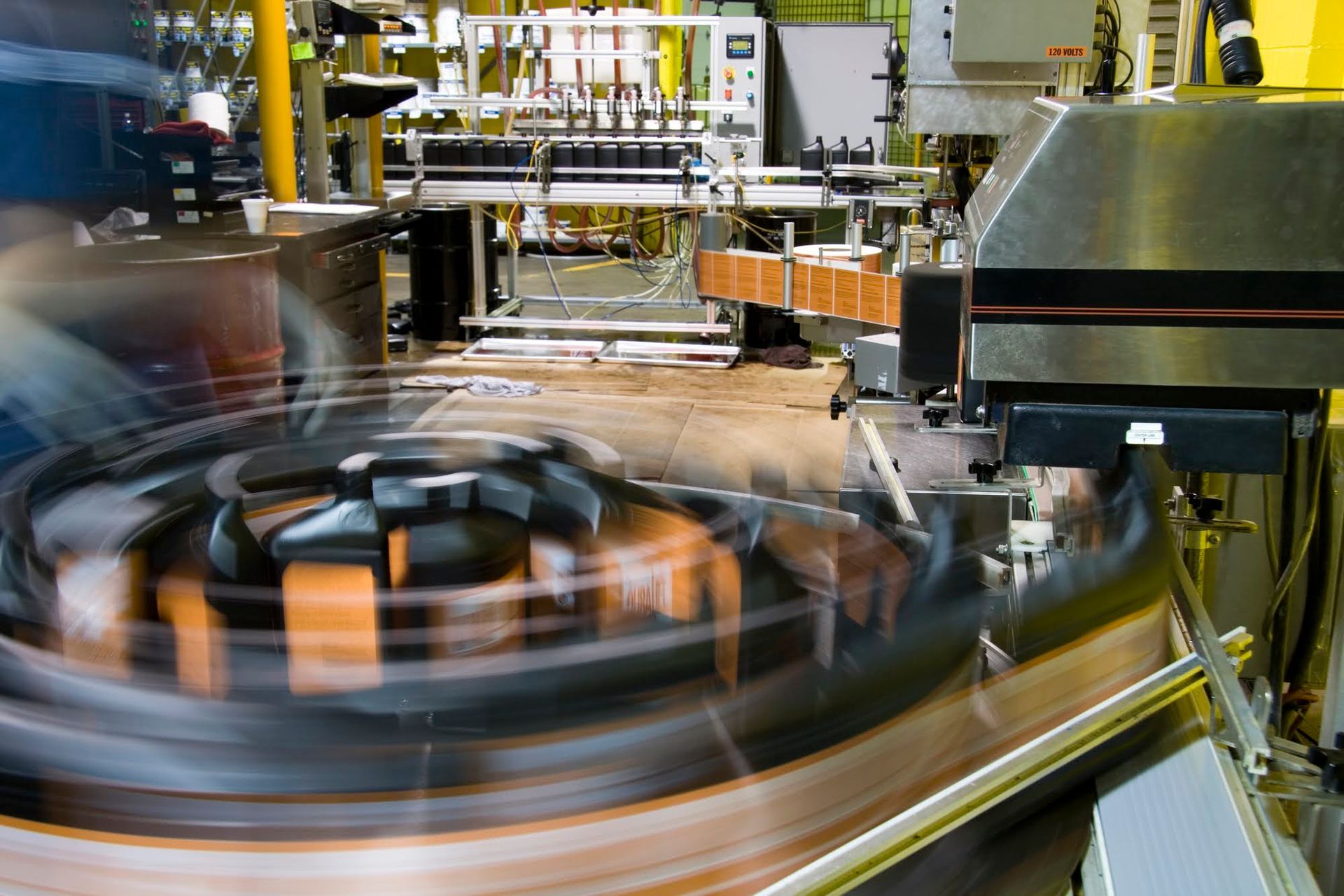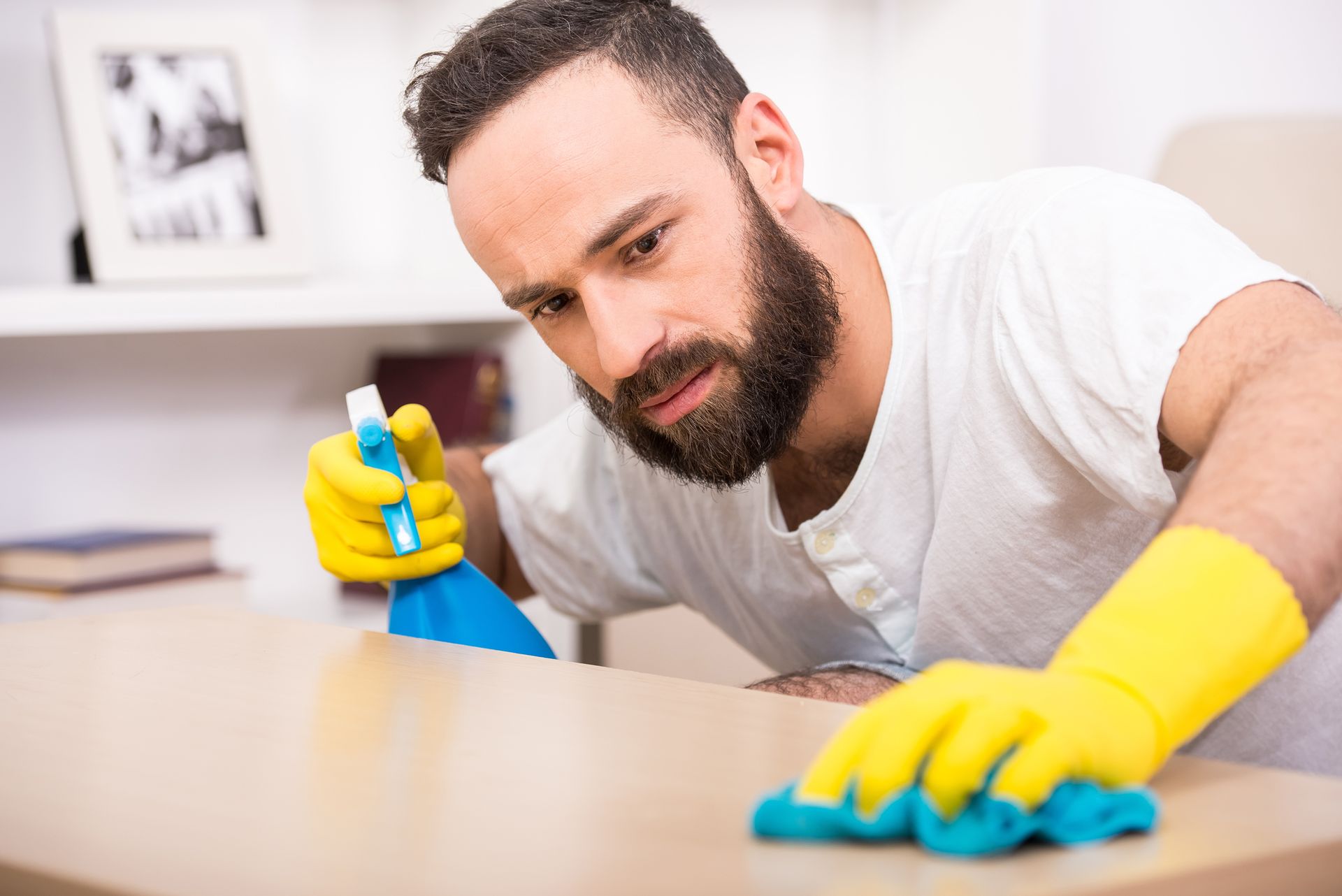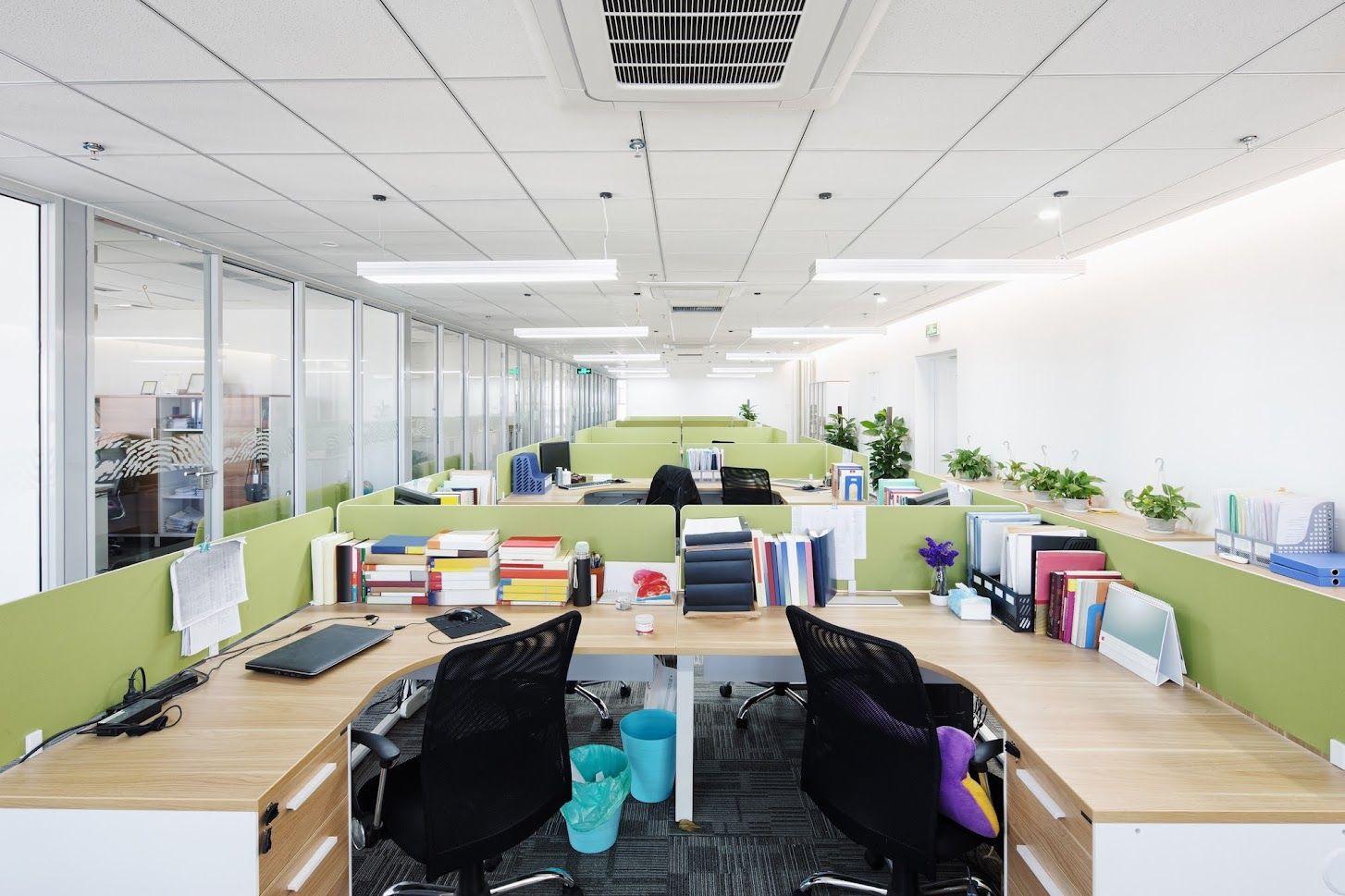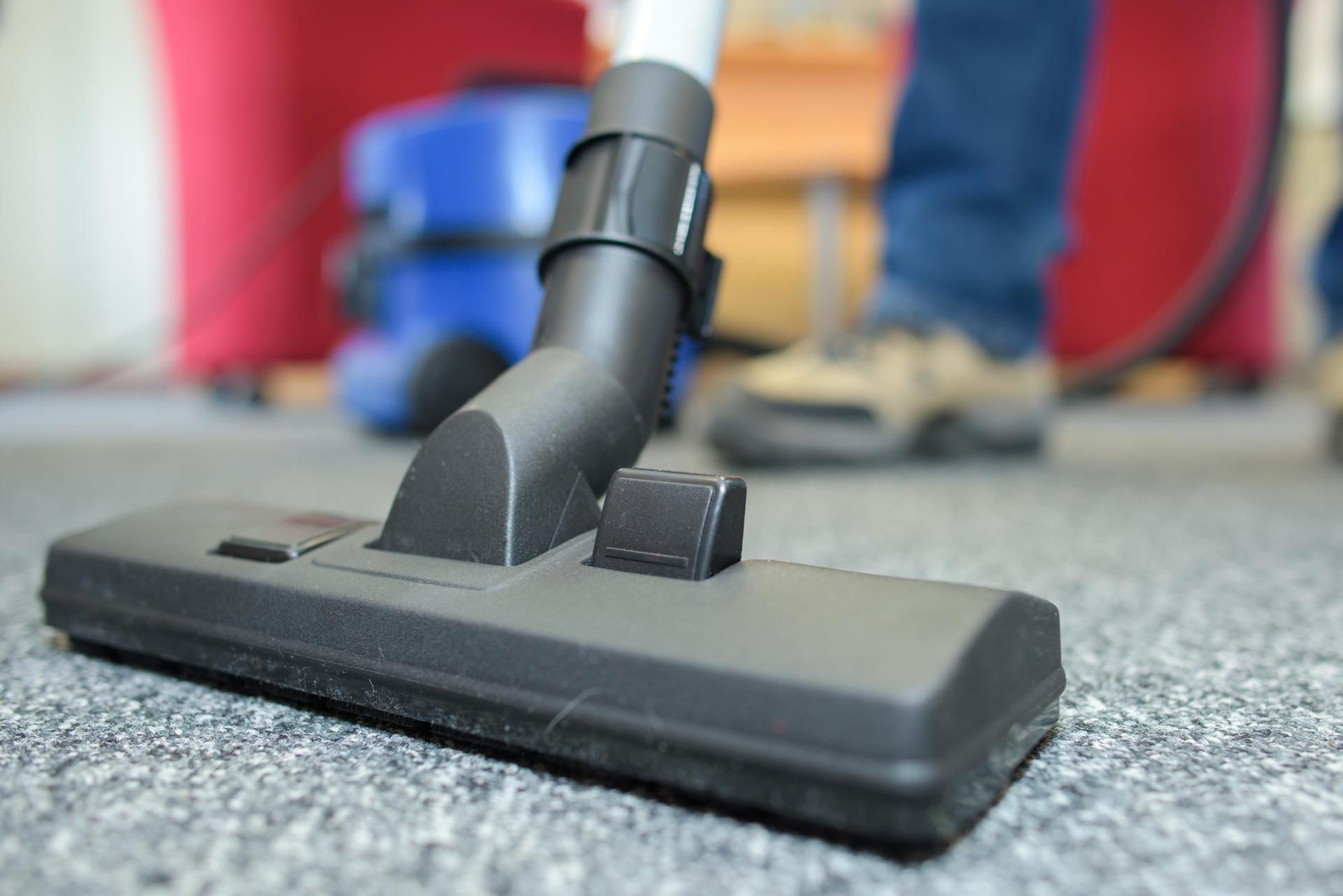Disinfected, Sanitized, or Clean: What's the Difference?
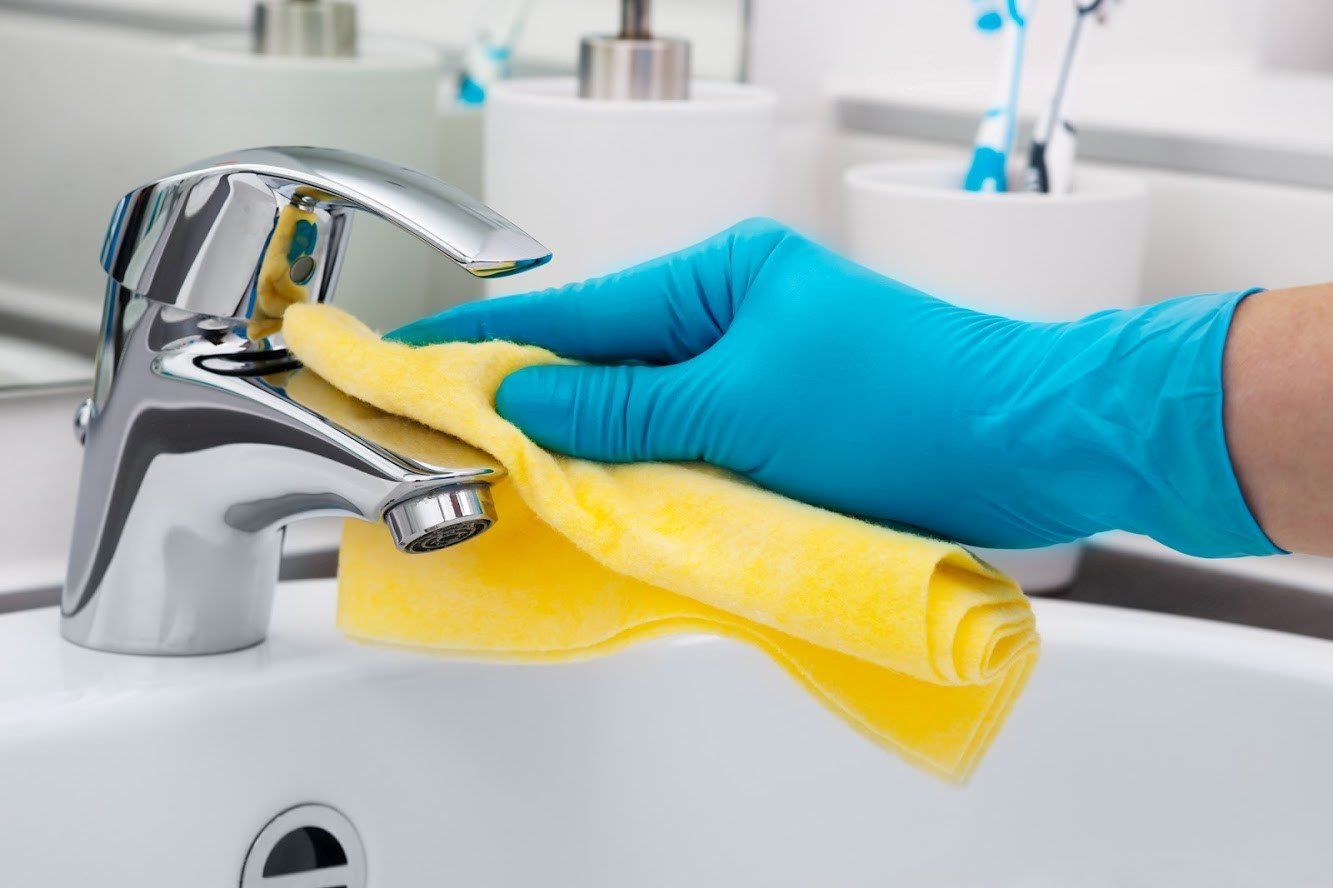
As winter begins to set in, immune systems start to falter, and illnesses tend to spike. Many people stress the importance of cleaning surfaces, disinfecting clothing, and of course, washing hands to reduce the spread of germs. The terms are often used interchangeably for each other during conversation, but disinfecting, sanitizing, and cleaning all have different meanings. Let's take a look at the differences and their uses.
What Qualifies as Disinfected?
Disinfectants describe products used on a surface to kill bacteria and viruses. Disinfectant solutions are subject to the highest standards and most rigorous tests to establish the disinfectant as efficient protection against infection. Common disinfectants include bleach, alcohol, and chlorine, each of which kills nearly any germ on a surface within a few minutes.
Disinfection procedures are useful in high-risk conditions, like medical facilities and childcare centers. Most of the time, you won't find these disinfectants used in a pure concentration since they will also eliminate benign and useful bacteria on the skin. Instead, the cleaners will dilute the disinfectant to make it potent but not dangerous to touch.
What Qualifies as Sanitized?
Disinfecting and sanitizing products and procedures are very similar, but sanitizing doesn’t guarantee the removal of pathogens. The effectiveness necessary for a product to qualify as a sanitizer is less rigorous, but government standards still require that it kills the vast majority of test bacteria in a matter of seconds.
Sanitizing is easier on the people who come in contact with the products, either by touching a sanitized surface or ingesting particles of the solution. The relative safety makes it ideal for use in food service and high-traffic areas like schools, offices, and hospitals. If you run a restaurant or cafe, any surface that comes into contact with food or customers will need regular sanitizing.
What Qualifies as Clean?
If the only concern is to remove visible dirt or
contamination, you need cleaning supplies, not sanitizers or disinfectants.
Either of the above will kill bacteria, but if you use them alone, they won't
necessarily get rid of visible grime. Soaps, detergents, dusters, and
degreasers are all examples of products you'll need to render a surface clean.
The opposite also is true: Your standard cleaners don't necessarily make a surface sanitary or disinfected. Soap and water do well at removing germs and contaminants, but they won't meet the requirements for cleaning a commercial kitchen or high-risk facility. If a cleaning product claims it can also disinfect or remove bacteria, the creators must register it with the government.
What Should I Use?
If you run an office and there aren't a lot of high-traffic spots — or most people don't come in since they're working from home — you can usually rely on ordinary cleaning products to get the job done. Be sure to sanitize touch points like door handles and light switches frequently, and your office building should be clean.
If your building holds a lot of people or gets a fair amount of traffic, you likely have some bacteria passing through your halls, so use sanitizing measures to keep the numbers down. You should use disinfectants only at low-traffic times to reduce the risk of the chemicals affecting your clients, students, or employees.
If you work in a high-risk environment, you'll want to disinfect as often as possible and keep cleaning products on hand as well. A pristine and virus-free facility is crucial to the recovery of sick patients and the continued health of children in daycare centers.
If you want to make sure that your place of business meets all the necessary standards of cleanliness, hire Janitorial Services Atlanta. By hiring the perfect people for each job we perform, we consistently achieve high standards of customer service and commercial cleaning. Get in touch today to see how we can keep your company clean and in business.
